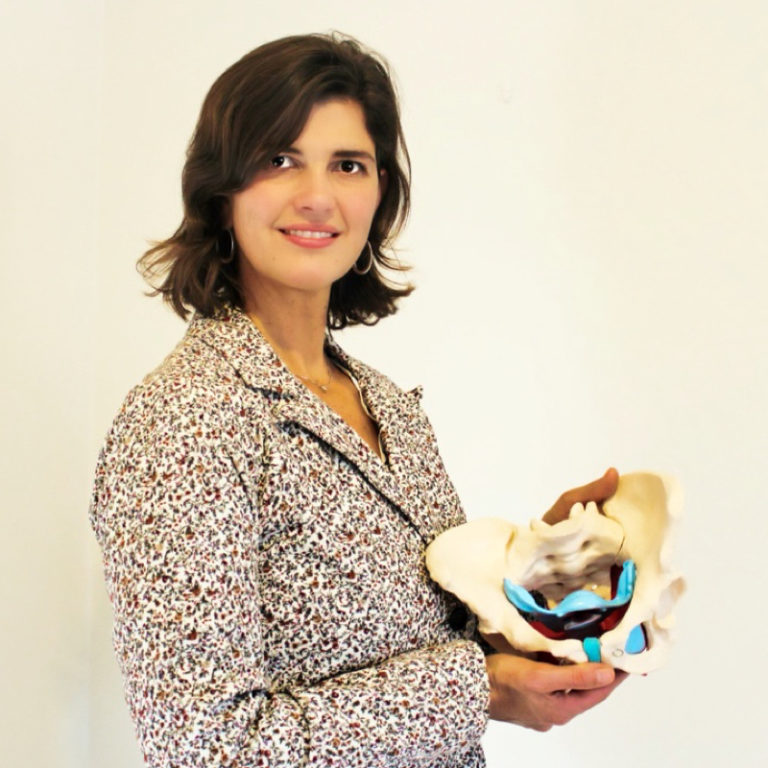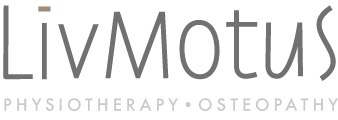
Pelvic health physiotherapist serving Tweed Valley and surrounds
Pelvic floor physiotherapy investigates the complexity of the pelvic floor system, that separates the interior of the body from the exterior at the base of the pelvis, and its relationship with the pelvic cavity including the pelvic organs, surrounding muscles and structures.
Pregnancy and childbirth, aging, surgery, illnesses such as cancer, and hormonal imbalances are some of the more common causes of pelvic conditions which can include but aren’t limited to:
- Bladder and bowel increased toilet frequency, urine leakage, faeces leakage and constipation
- Pelvic organ prolapse
- Pre and post prostate surgery
- Pain in the vulva
- Pain during intercourse
- Pre and post prostate surgery
- Pudendal nerve pain
During pregnancy, the woman’s body continually changes. The growing baby and hormonal changes can soften connective tissue impacting the distribution of load in the body. This can lead to pregnancy-related back pain, pelvic pain, pubic pain, pelvic floor load and increased strain in the bladder and bowel.
An assessment from a specialised pelvic health physiotherapist and engaging in a personalised program is shown to be a safe and effective way to decrease pregnancy-related joint pain, manage anxiety and depression, decrease post-partum dysfunction, decreased likelihood of gestational diabetes and improve sleep.
Before resuming a pre-pregnancy exercise regime, women must be assessed by a pelvic health physiotherapist and given clearance for body readiness to cope with load.
Rectus abdomen separation, pelvic floor muscle dysfunction, varied hormonal levels from pregnancy or breastfeeding, weight gain and repetitive lifting are all stressors that could strain the body and cause long-term, irreparable damage.
Not all conditions present symptoms initially. The strain can happen asymptomatically for a long time before symptoms like leaking urine or building and heaviness of the vagina become evident. It’s estimated that around one in three women experience leaking from the bladder during their daily activities post-partum.
There are three main levels of pelvic support: ligaments that hold the organs, fascia (connective tissue) that holds them in subdivided compartments and the pelvic floor that provides support from the bottom up.
A prolapse occurs when there is an alteration to these support systems and the pelvic organs (bladder, bowel, uterus) descend into the vaginal canal or in some cases,protrudes outside the vagina.
Women have long endured the symptoms of urinary incontinence as a consequence of ageing or giving birth. A recent survey of women undertaking a gym program found that nearly 50% leak frequently during exercise and 80% had an occasional loss of urine during exercise.
Pelvic floor muscle training supervised by a qualified women’s health physiotherapist is proven as an effective way for women to regain control and means that women no longer have to ‘grin and bear’ urinary incontinence.
There are three types of urinary incontinence: stress incontinence, urge incontinence and mixed. They are more common with aging and affect both males and females. Come of the most common bladder complaints are increased frequency and sudden urgency to urinate.
In males, urinary dysfunctions are usually related to an enlarged prostate gland that can disrupt the normal flow of urine, or it is associated with the post operatory period after prostate surgery.
Pelvic pain can have great impact in an individual’s quality of life. It afects both males and females. Pelvic pain is experienced from the lower abdomen to the groin area. It can stem from the coccyx, sacrum, groin, vulva, endometriosis, pelvic floor muscles and nerves (pudendal neuralgia). Identifying the main cause of pain is detrimental to obtain longstanding relief.
There are a number of complaints that can arise from intimacy. Lack of arousal, erectile dysfunction, pain with penetration or during intercourse. Not only can they cause discomfort, but they can also lead to a strain on relationships.
Physiotherapy-lead intervention can help manage many symptoms that one can experience after or during cancer treatment. A personalised exercise program may help manage muscle tightness, improve loss of range of movement, improve sleep, reduce fatigue and improve overall quality of life. There are also a number of studies that have shown that being involved on a exercise program can also increase remission rates.
This includes general education and advice, manual lymphatic drainage and self-massage guidance, measuring the affected area and advice regarding compression garments.
Treatments
Your first visit to Renata involves a comprehensive initial assessment.
She’ll gain a thorough understanding of your history and conduct a movement and postural assessment, and pelvic floor muscle assessment.
The pelvic floor muscle can be assessed through vaginal examination, digital rectal examination or with the use of real-time ultrasound as indicated.
Treatment consists of addressing the main dysfunctions noted on assessment. The focus can be on pelvic floor muscle isolation and awareness, integration, automatisation and endurance or power.
There is often the need to learn to relax the pelvic floor muscles to gain flexibility (down train the pelvic floor) and improve its function.
Further interventions that are helpful when investigating and treating pelvic health conditions include:
- Bladder diary
- Bowel diary
- Electrical stimulation
- EMG
- Breathing techniques
- Bladder training
- Low level laser therapy (infra-red or red light)
- Real time ultrasound
A hands-on approach, education and home exercises are all important components of treatment. Receiving a timely, specialised service for a specific program focused on your individual goals and requirements is extremely important for the success of treatment. Renata will guide, empower and support you to create or change daily habits to help you get back to doing what you love.
Pricelist
A hands-on approach, education and home exercises are all important components of treatment.
- In-room initial consultation: $160
- In-room follow-up consultation: $110
- Home visits: $180 10 km radius of Tweed Heads South or 10 km radius of Mudgeeraba
- Online consultation: $ 110
- Pregnancy Package: $415 (valued at $ 490) **Three in-room sessions, and one online postpartum follow-upsee inclusions below
- PregMe workshop: $360 (valued at $400) ***See inclusions below
- Pelvic Floor Aware Package: $ 510 (valued at $600) ****See inclusions below
- Pelvic Floor Master $790 (valued at $930) *****See inclusions below
**The first session is recommended in the second trimester for general education about the changing body that increases the load on the pelvic floor, abdominal wall, lower back and pelvis: One-hour assessment, exercise prescription and advice, posture education, considerations for pregnancy brace/ shorts, soft tissue release, joint release, sleep positions.
The second session is recommended in the third trimester to prepare for birth: assess perineum, pelvic mobility, exercise modification, and early post-partum advice.
The third session is a post-partum online session in the comfort of your home: this is for you to address any specific concerns related to the early postpartum period, posture, breastfeeding, abdominal wall, tears, episiotomy.
The fourth session is recommended between 5-8 weeks post-partum: and includes abdominal wall assessment, pelvic floor assessment, education, return to exercise and usual activities.
***1:1 physiotherapy assessment and five weekly group exercise and education classes. The themes discussed are pelvic pain, lumbar pain, pelvic floor, abdominal separation, and immediate post-partum recovery.
****1:1 physiotherapy assessment and four half-hour follow-up sessions (exercise or hands-on).
*****two 1:1 physiotherapy assessments and six follow-up sessions (exercise or hands-on)
T’s and C’s: the packages need to be paid upfront. At each session, you will be given a receipt which you can use for private health or medicare refund if applicable. you have 1 year from the purchase of the package to use it. If you fail to cancel or reschedule your session with 24hr notice, the session will be deducted from your pack.

Renata Asinelli
Pelvic health physiotherapist
Renata Asinelli is a dedicated pelvic health physiotherapist qualified in treating the causes and symptoms of all pelvic health conditions
Renata Asinelli is a dedicated pelvic health physiotherapist qualified to address the causes and symptoms of all pelvic health conditions. Based in Tweed Heads, Renata will recommend a correction program to manage the cause and symptoms of conditions associated with the pelvis, its structures and organs.
Renata is a pelvic health physiotherapist in the Tweed-Coolangatta area. With over 15 years’ experience as a physiotherapist, and eight years’ experience working as a pelvic health physiotherapist, Renata is completing a Postgraduate Certificate in Physiotherapy (Masters) with Major in Continence and Women’s Health at Curtin University. Renata is highly qualified, she puts patients at ease while diagnosing, treating and preventing short and long-term pelvic conditions.
For a discreet, comfortable pelvic physiotherapy service in a welcoming environment, contact Renata today for a no-obligation consultation.

